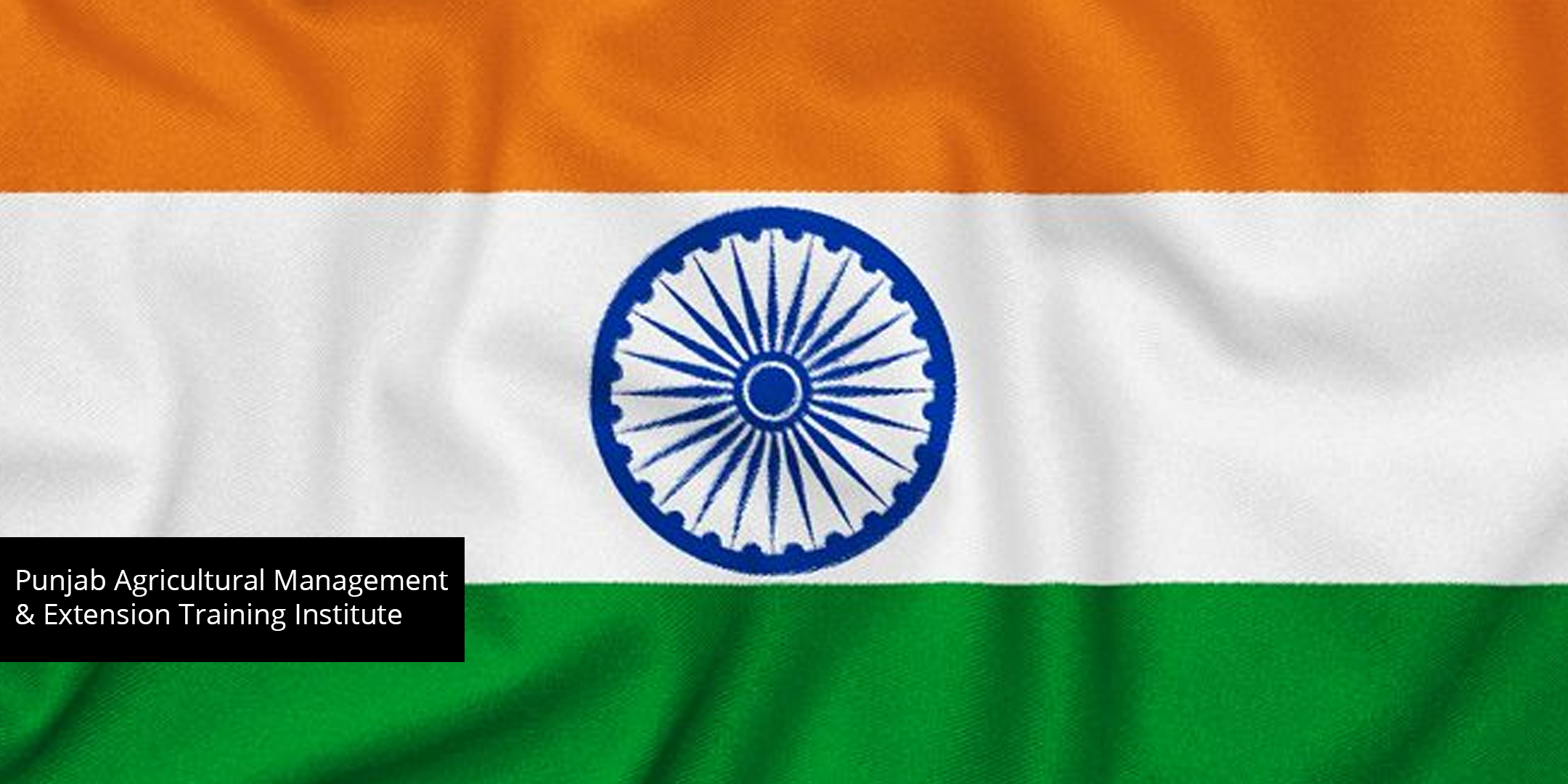
Punjab Agricultural Management & Extension Training Institute: Advocating No-Burn Agriculture to Reduce Emissions
In partnership with the United Nations Environment Programme and the Climate & Clean Air Coalition, the Punjab Agricultural Management & Extension Training Institute (PAMETI) is providing straw management equipment to adopted villages in the Sangrur and Amritsar Districts in India. PAMETI's goal is to improve agricultural yield and reduce emissions of methane and other greenhouse gases by providing an alternative to burning the rice straw left in the field after harvest.

Adopted Villages
Amritsar District- Raijian
- Bhoewali
- Qiampur
- Uppli
- Tungaan
- Kanoi
Participating villages, across a cumulative total of 415 hectares, are provided with straw management equipment (e.g., Happy Seeders, PAU Straw-Cutter-cum-Spreaders, and Mould Board Ploughs). This equipment is used to sow other crops into the standing rice straw as an alternative to burning it.
Rice straw burning destroys nutrient-rich topsoil and kills crop-friendly insects, leading to a sharp drop in soil fertility. Low soil fertility leads to an increase need for large quantities of costly fertilizer. Adopting no-burn practices through the use of the straw management equipment reduces greenhouse gas levels, makes the fields more fertile and results in economic benefits for the villages. .
Estimated annual emission reductions for the adopted villages are summarized in the table below.
| Greenhouse Gas | Reductions (Tonnes) | Metric Tons CO2e |
|---|---|---|
| Methane | 4 | 100 |
| Carbon Dioxide (CO2) | 2,400 | 2,400 |
| Total | 2,500 | |